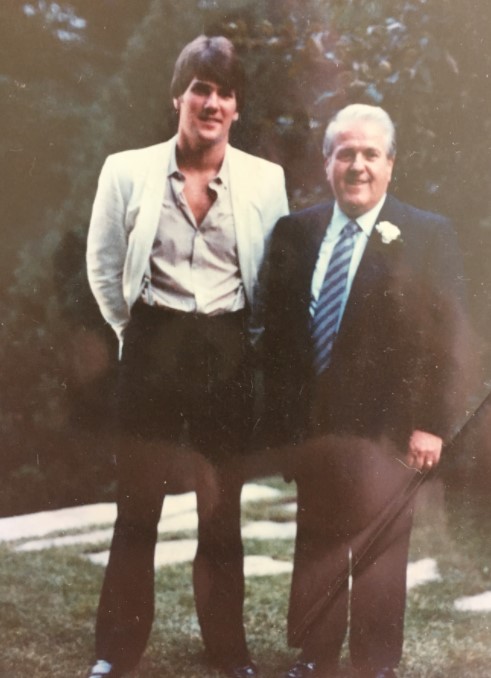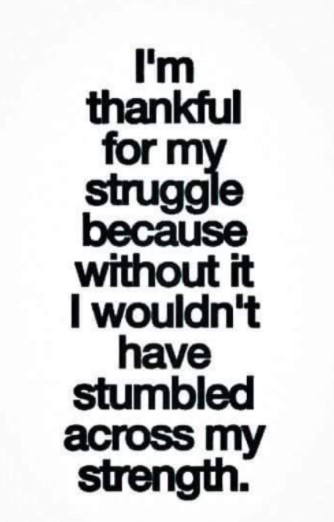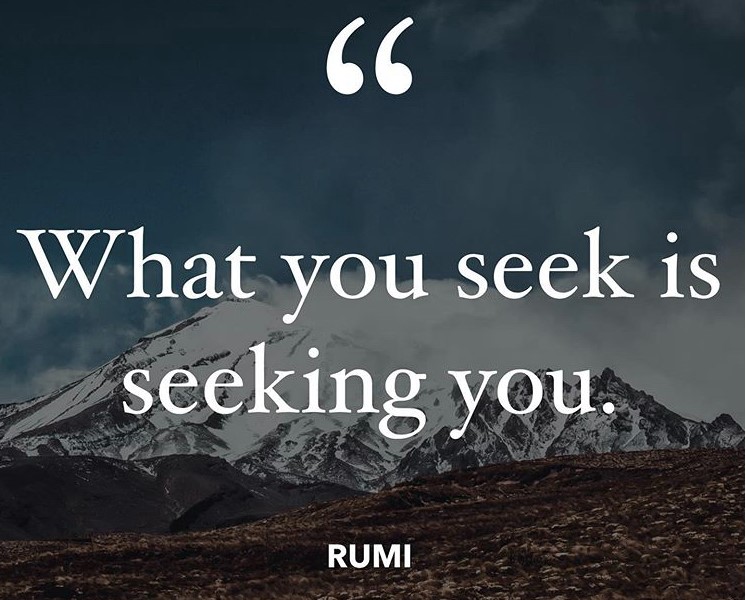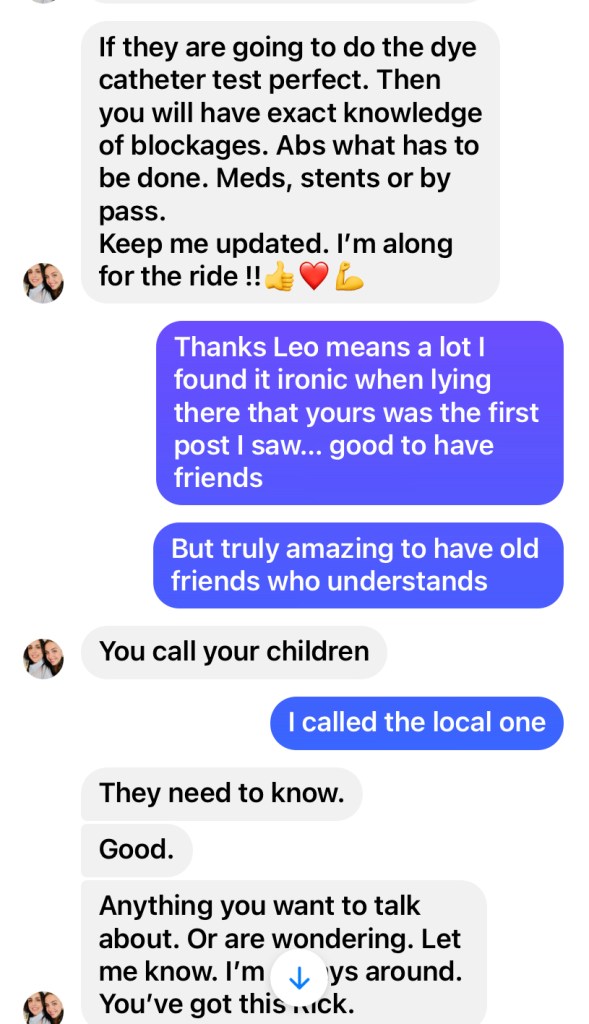
I have fallen short once again, on the pursuit of a goal, that depending on the day, seems at worst, self indulgent, and at best, naïve.
As I write this, I am aware of the following thought relentlessly circling between my ears:
“Ok, what more evidence do you need? It’s time to give up! Clearly, you are not great at this and worse you are not making a difference! Look around bro, you are so far behind, your time would be better spent on something else”.
Who is this judgy dude, questioning the value of my life?
That question leads me to another.
Who sees the actual impact of our lives?
Is it what we present on social media?
Is it the home that drives our life or the car we live in?
One thing that seems clear to me is: Comparison truly is, the thief of happiness.
Even more discouragingly, we seem actually hardwired to compare.
According to Darwin, the most successful genetic mutation presents the bearer with a comparatively favorable trait which may create the possibility of reaching an age where we might actually hookup with the most successful mate around!
Yet in the case of we mere Homo Sapiens we have this damned ego.
Rooted in fear, it convolutes EVERYTHING!
An easy target, poor Ego, has such a bad rap, responsible for everything from toxic masculinity, to resting bitchface, that we often fail to see its rightsized purpose. That being, to govern our prefrontal cortex and prevent us from making fatal errors.
Which prompts yet another question “Is it needy ego that seeks to make visible accomplishments, that are then compared to the visible accomplishments of others?”
Which leads me further down the rabbit hole – “Is it conceivable that our greatest contributions are actually unseen by our own eyes?”
What would be the point of that? How would that serve Master Ego’s drunken thirst for recognition?
I often hear “I want to do something that makes a difference”.
This may be a noble brand image, but it begs yet another question mark;
“A difference compared to what?”
Is it imaginable that our little ego is not, by some law, entitled to know the story of someone who we touched, favorably impacting their day, career, life, or indirectly impacting the life of somebody else in their world, that they shared our actions with?
So ya, we ALL know how comparison is not our most shining moment, but how are we, the unenlightened, to know if we are “making a difference”? How will we know what difference we are making if we only compare the outcome of our efforts to our past performances?
Yes, we may be slightly better than yesterday by comparison, but so what if we are? If we are crawling forward at a snail’s pace toward a goal for the first time, how can we ascertain that we are not on a fool’s errand? How can we muster the stamina to continue the trudge?
Faith comes to mind. Faith is believing in something you cannot see.
A wise man once shared with me, that the opposite of faith is NOT doubt, the opposite of faith is found in certainty.
Upon reflection, it occurs to me, that at least in my case, taking a leap of faith has pretty much always paid off. In one of three ways.
- What I was aiming for worked out.
- Some alternate ending was revealed.
- In either case, how I valued the outcome evolved (which served my next move forward).

Some of the most punishing leaps I have taken resulted in the biggest reveals that I had never been able to previously conceive.
Smashing my fantasies.
Beyond my wildest dreams.
Conversely, some of the easiest leaps have bounced me off the ground, leaving me bruised at first, then reflective.
The bounces off the pavement have taught me the most.
Firstly, that worrying about the outcome in advance serves nothing as it distances me from doing my best in the moment of preparation before hand.
Secondly, it’s all conjecture! No matter how vigilantly I try to line up the variables that are in my control, the mere fact that I’m worried about the outcome, reminds me that there are factors that are not within my control. Me ruminating about these things will not impact their influence.
Thirdly, I have no idea what missing my target will reveal to me, and more importantly, in me.
The secret challenge is to see this shortfall not as indication of my worthiness.
Or failure.
But instead as an invitation to learn, grow and decide if I want to take another jump.
The only place these shifts in POV can occur are not from the ego, but from within the heart.
It is only my mind, that can act mindlessly, as the adherent representative of ego, screaming:
JUMP UP!
JUMP UP!!
JUMP AGAIN!!!
Alternatively, ego can whisper; “Who are you kidding- you will never be able to do this!”
Yet Ego’s worst incantation comes from behind a mask of false ‘acceptance’ reasoning;
“Why are you wasting time on this? It’s foolish, you’re smarter than this! Move on! Invest time and your life into something more realistic.”
These are the voices of a judging, competitive, comparative thief. Not only does he steal the current moment, but he also robs me of moments as yet unimagined.
When I lie on the ground, feeling the cold cement against my cheek, it is within my heart that I first stand.
As I review the choices that the preceding bounce off the pavement taught me, it is only through the lens of my heart that I can see the bounce in the same way I would see a non judging teacher.
I would TRUST HER!
Finally, if I choose to take another leap, it is my true heart’s desire that moves me forward.
Bounces actually empower the ego to blame or compare. But it is precisely at that flashpoint that I must rise beyond the enflamed ego.
For it is precisely the same bounces, that if I so choose, will speak to my heart’s desire to challenge my true nature. That’s the version of me I believe is there but can’t always see. That is the version that has moved me to achieve things that were beyond Ego’s judgy eye.
And therein lies the work that has a shot of making a difference, beyond comparison.

















